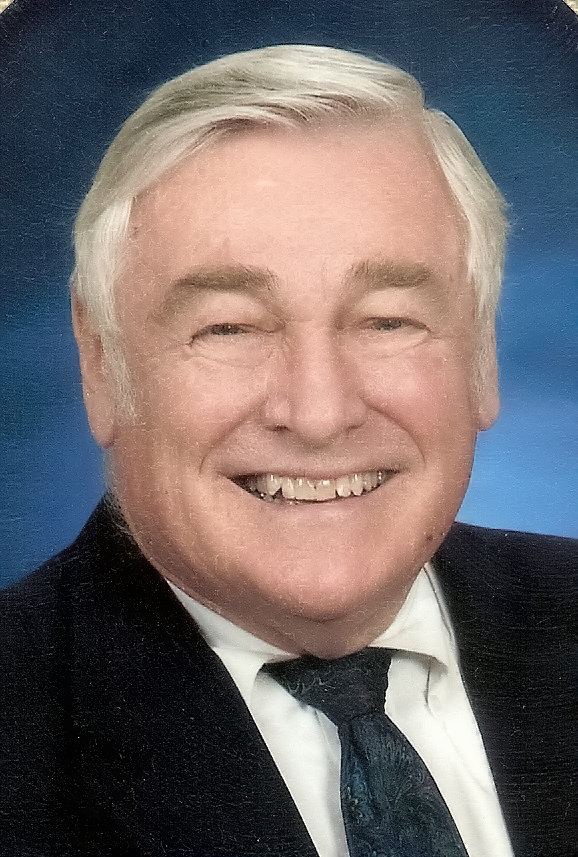Thursday afternoon, September 3rd, was the worst day of my life. My spouse of 40-plus years, Ralph, went into the hospital last Monday and this Thursday had surgery to remove a bowel obstruction. What they found shocked everyone including his surgeon. His entire abdomen was filled with metastatic melanoma cancer. There is no cure. There is no treatment. His digestive system has shut down. He cannot eat and can only ingest small amounts of clear liquid. They are only giving him weeks to journey with me in this place. He is coming home to me today and into hospice care to die in peace with dignity.
Monday morning, September 7th, my beloved soulmate, Ralph, ended his earthly journey at the stroke of midnight announcing Monday had begun as his cherished grandfather clock tolled twelve for him. He will be deeply missed but his memories live on in my heart and will forever. Rest in peace, sweet, kind man. Your footprints are left on this earth and in my soul. The memory of your smile will continue to light up my life.

Thursday, September 24th, a friend asked if grief would be different when death occurred at different ages. I think if a spousal death occurs when someone is younger than 50 it could have a greater impact on the grieving process. I think that when the spousal death occurs when people are in their 80’s there is less impact since there is less time to live ahead of them and often couples speak of death and some even make plans such as funeral arrangements, wills, advance directives, etc. Death is much closer at hand and I think some subconscious grieving occurs even before a spouse dies. I know in my case, if I was up early and doing chores that Ralph usually did, I would say I was preparing for widowhood. Sometimes I would even shed some tears at the thought of losing Ralph whenever that might be. Also, older people have experienced more deaths of their contemporaries which brings them face-to-face with death more often than younger people.
So, I guess the short answer to her question is yes, age does make a difference. I am sure her daughter Liz will grieve much more deeply and perhaps longer because her spouse Brian died so young at age 42 of alcoholism. She can’t say things like, we had a long and happy life together, or I have forty years of memories that will sustain me. And, of course, the quality of the relationship will have a bearing as well. I think the grief from the loss of a spouse in a happy marriage is going to be different than grief from the loss of a spouse in a miserable or abusive marriage. In a miserable relationship, grief is often mingled with guilt. Guilt because part of you is free, released from the misery. Grief because you lost the once love of your life. In a happy relationship it is much easier to dismiss and forgive those arguments you had, the niggling little annoyances in life you both tolerated in each other, and bathe in the overwhelming happiness of the relationship as a whole. I am blessed with the latter. Thanks be to God, and thank you, Jesus.
